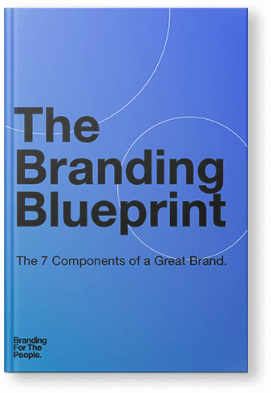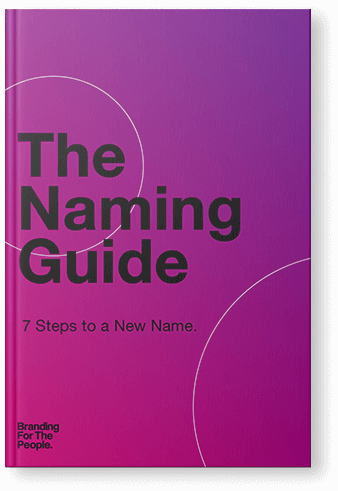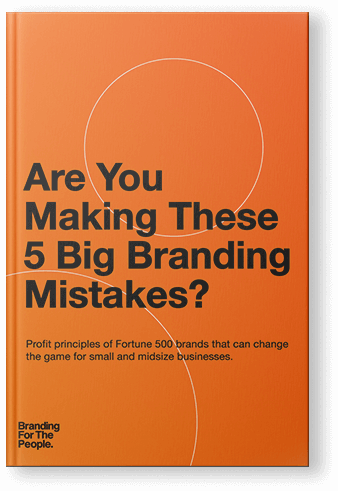Why is branding so important? Because your brand distinguishes you from other brands; it speaks to your audience about what you do and where you position yourself in the industry. It represents the idea behind the creation of your company, it tells your audience what you stand for and what your offer. If your audience can’t see the differences between you and your competitors, then they will have no real reason other than price to choose you over them. Sadly, someone will always be able to out do you on just price!
For species such as gazelles, merging into the herd and not standing out is a good thing — it increases their chances of survival. However, unlike gazelles, entrepreneurs MUST stand out, otherwise, they will never be known, recognized or remembered. And, these elements are all key to survival in business today.
Share Your Story. Make New Friends.
Branding yourself is a way of telling your audience who you are. If they like what they see, they will become your clients and your friends. Effective branding is when you communicate with your consumers and respond to their needs. Branding tells your story through a series of messages. Remember: these messages must be clear, relevant and memorable. Most importantly, they must be consistent with your overall desired perception or impression that you wish to create in the minds of your target audience. When you are congruent with your brand it is easier to maintain a consistent set of messages.
Criteria for developing your brand:
Making your brand stand out is much a science as an art. The art is ensuring that it reflect who you are and what you stand for authentically. The science is ensuring that it meets the following set of criteria:
Uniqueness: Brands need to look and feel unique both for the content and graphics in order to differentiate your brand from the competitors.
Memorable: The key to make your brand memorable is to be consistent, repetitive, clear, and meaningful. If you don’t send out the right messages, they will never know what you are trying to say to them.
Honesty: Branding is not about telling your audience what they want to hear, but it is about living up to your promises. Whatever you tell them, you need to make sure you can live up to it.
Personality: Personality is an extra characteristic you add to the brand to make your brand more human — creating a sense of familiarity and trust. At the end of the day, people buy from people (NOT organizations).
Professionalism: Your brand and everyone on your team must appear professional to gain credibility and respects from the audience. Note: “professonal” means different things to different people. For example, it would be considered “professional” for a businessman or financial consultant to dress in a suit or button down shirts; whereas, a yogi instructor might be more “professional” dressed in Lululemon gear.
Easily Relatable: The language that you use needs to be communicative and made understandable by your target audience and be in the language of their vernacular. If the message is not communicable, it doesn’t work.
- Surprisingly not everyone understands that audiences want to hear what businesses can do to solve their problems and that they understand their issues. They are not interested in you or what you think they want. Only once they are convinced that you understand them will they be open to hearing what you think and the idea behind your creation. Hence by focusing on your audience, your brand will stand out. So, listen to what your audiences have to say and then act on it so that they can see that their voice matters to you.







